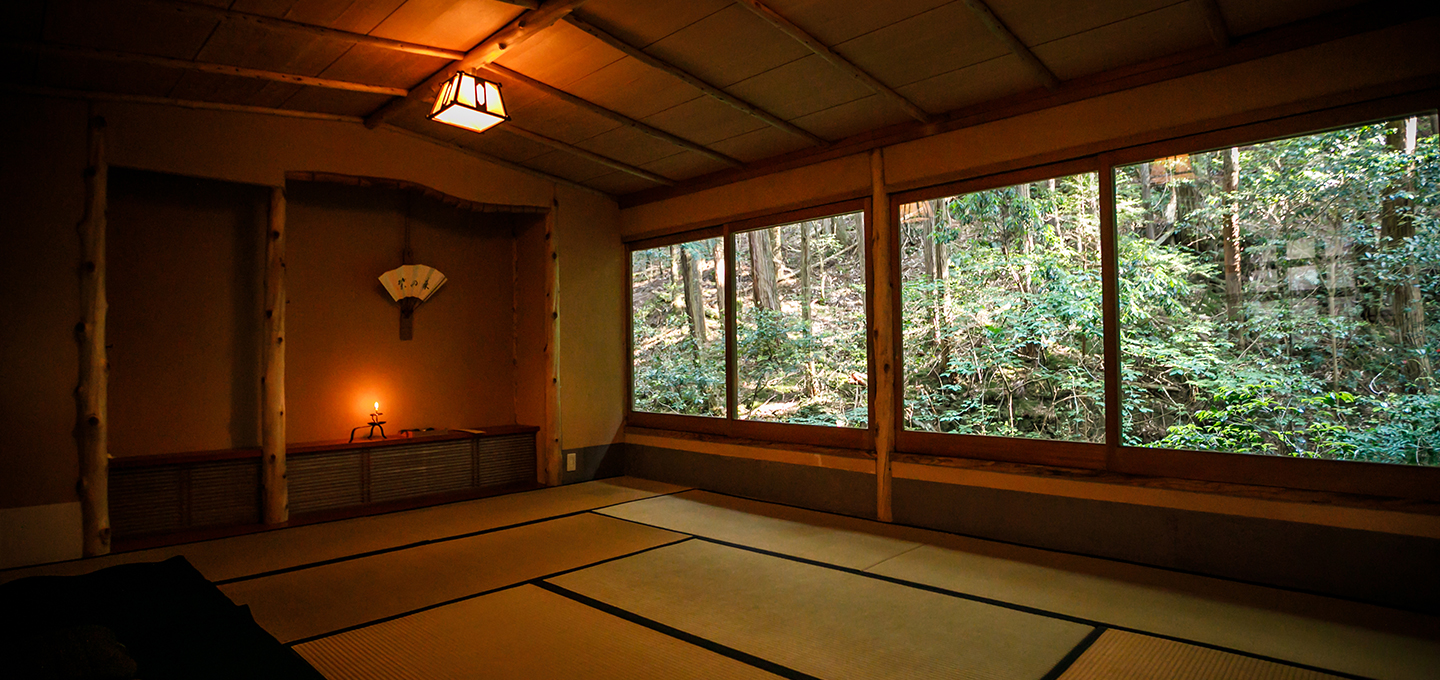
Special Experience
Kyoto
Meditation, Rituals, and Matcha at a Tea House in Takagamine, Kyoto
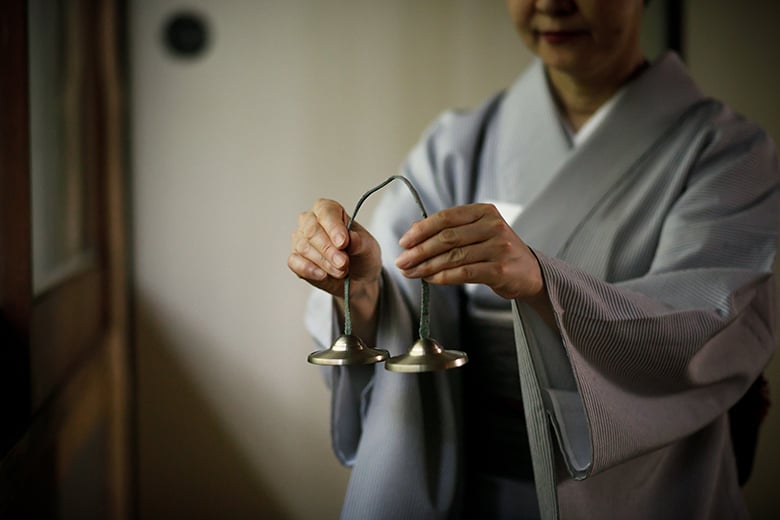
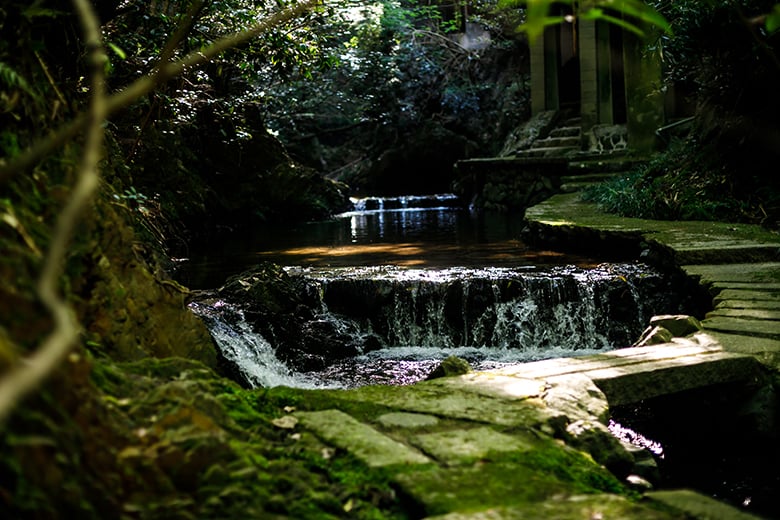
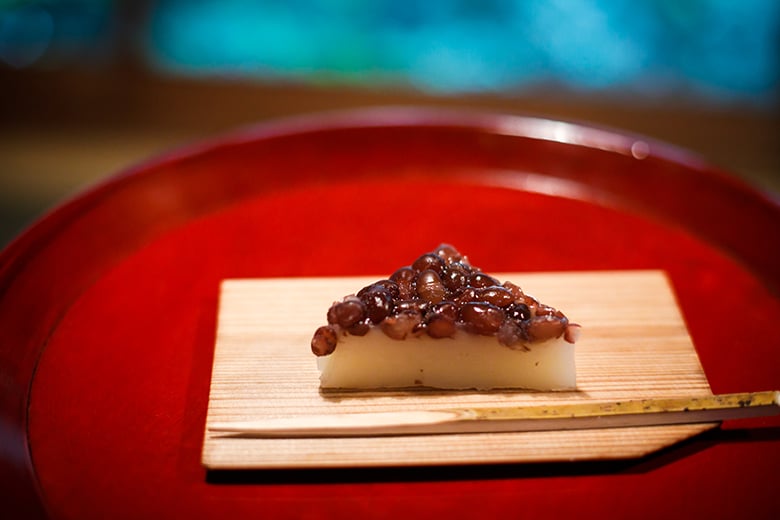
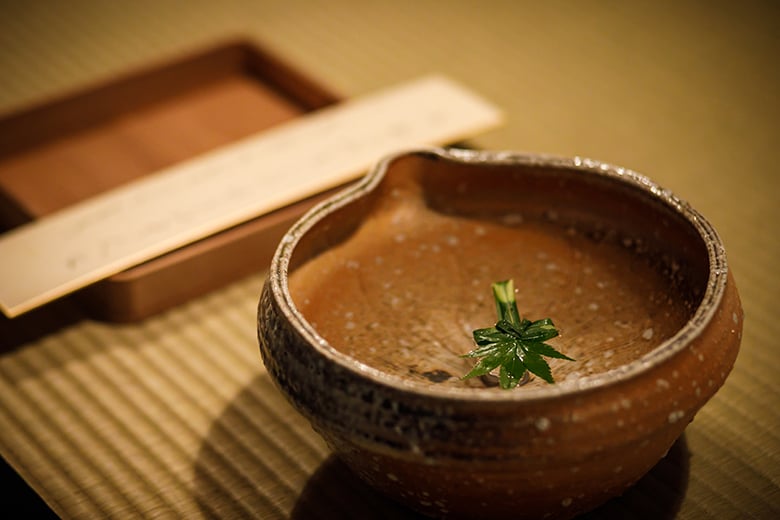
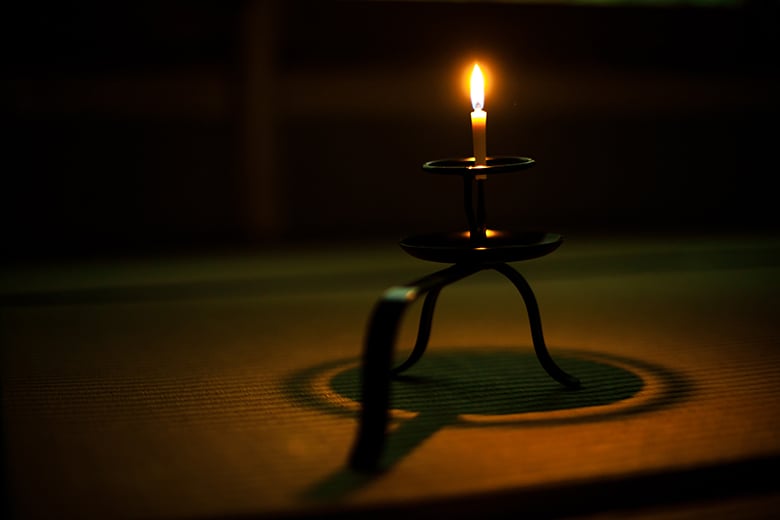
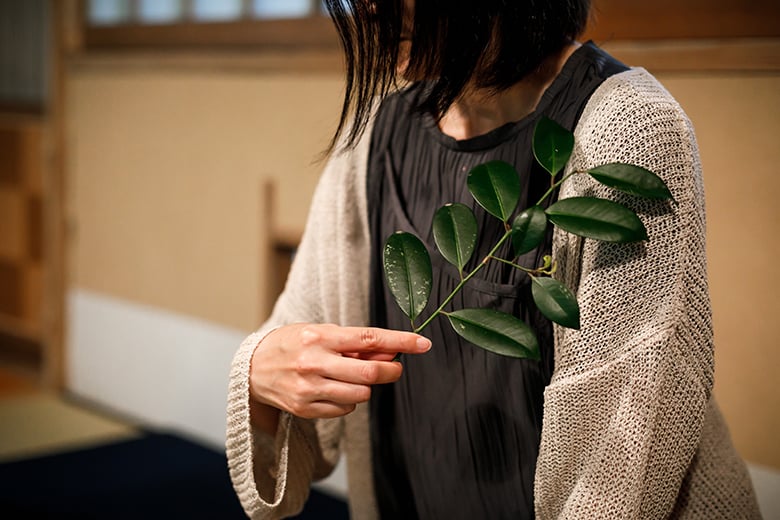
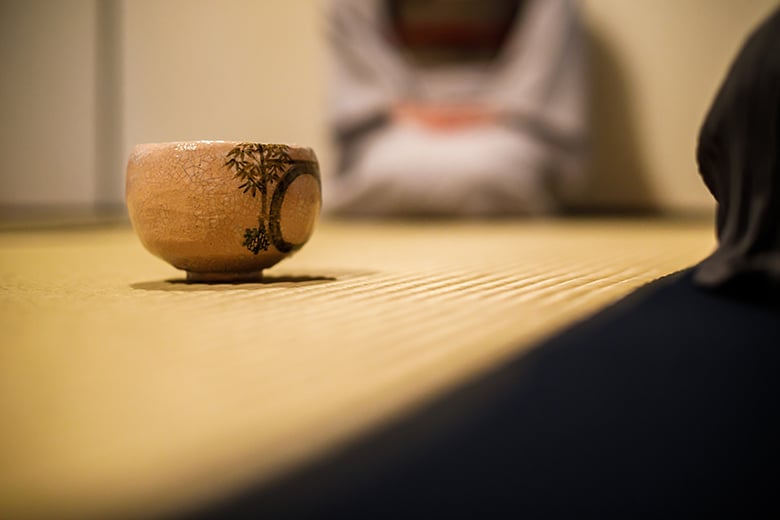
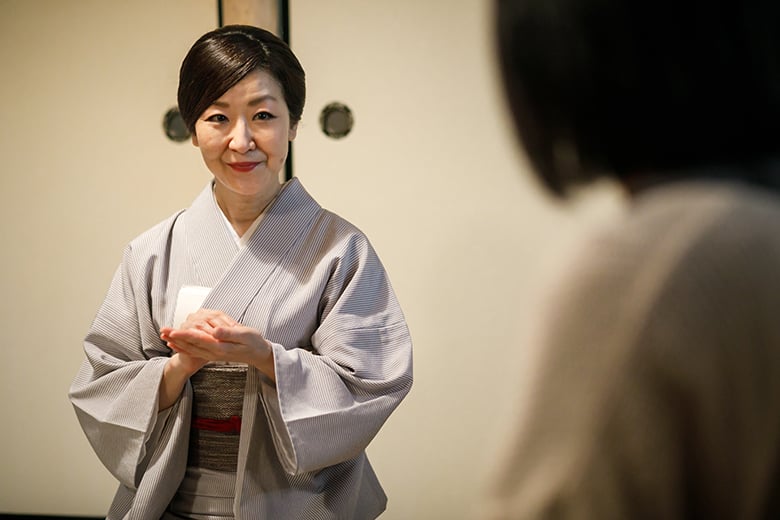
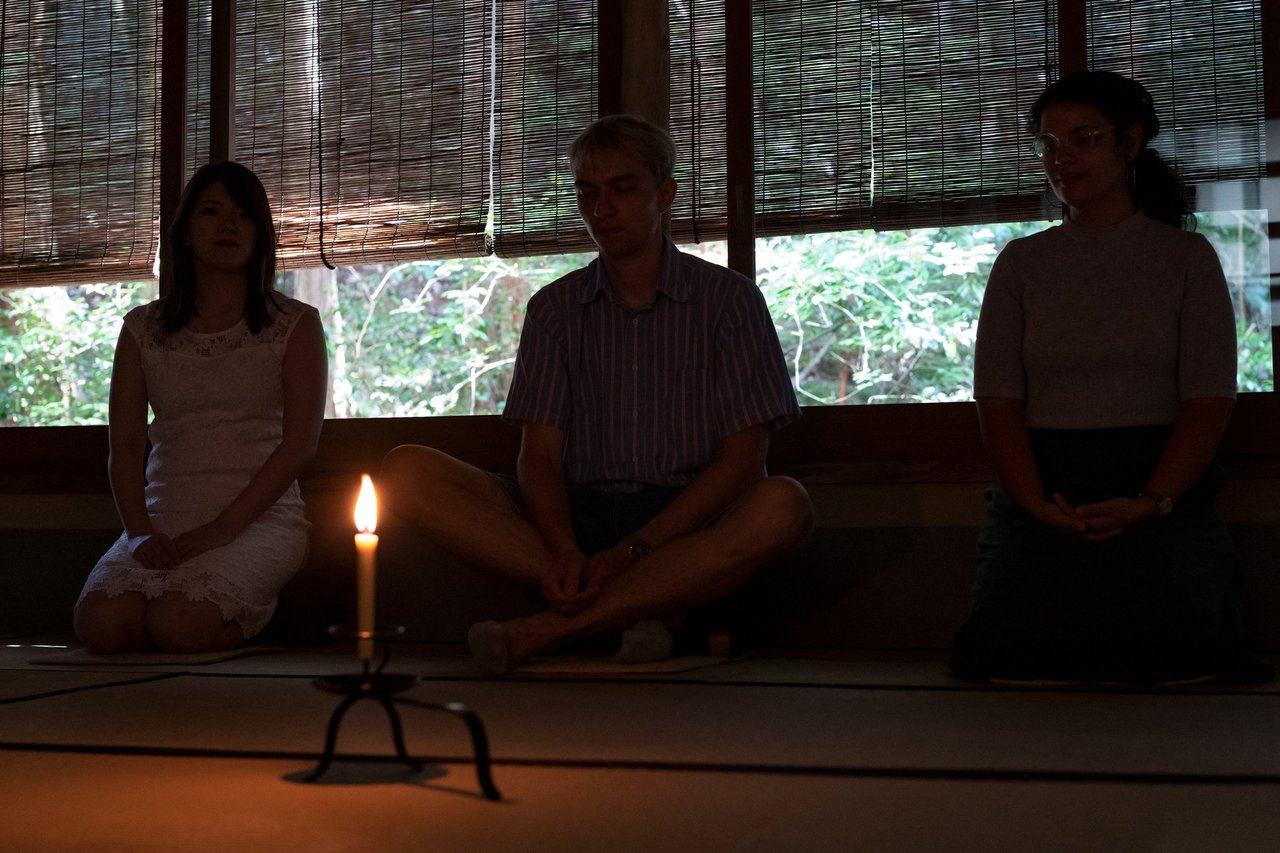
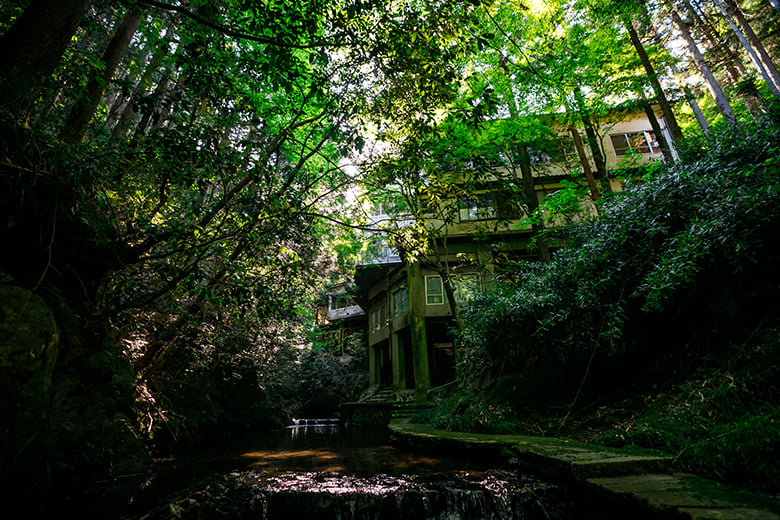










Overview
For centuries, Takagamine on the outskirts of Kyoto has been one of Japan’s most exclusive resorts, and long associated with the artistic and political elite. In a secluded tea house, guests will experience meditation, matcha and other seasonal customs, led by a Kyoto-born tea master. The daytime plan takes place surrounded by greenery and autumn leaves, while the evening plan is carried out by candlelight. Modern life is at times so busy that we lose track of the passage of time. Before we know it, the season has passed. This experience offers an opportunity to slow down, experience the true nature of the Japanese seasons, and learn about some of the ways in which they have been celebrated for centuries. As an option, you can also choose to experience traditional Japanese tea ceremony instead of a seasonal traditional event.
Key Features
・Experience meditation at a tea house in Takagamine, facing a stream where a dragon god is said to reside
・Learn and appreciate the seasonal traditions of Kyoto
・Taste the finest Japanese confectionary and matcha tea, specially selected by the master of the tea house
Kyoto
120mins
from ¥45,100 /person
1 - 6 participants
Available in English
Cancel free up to 11 days prior
Details
Meditation in a Secluded Tea House
Takagamine sits on the outskirts of Kyoto at the foot of Mt. Hidari Daimonji and facing the Kamiya River, which is said to be home to a dragon god. Aside from its stunning natural surroundings and history of hospitality, it is known as a place of residence for Hon’ami Koetsu, a sixteenth century artist said to have inspired the Rinpa school of painting. It is the perfect place to come into contact with deep, eternal truths.

The clear waters of the Kamiya River
Your host is Michiyo Fujimura, a tea master born and raised in Kyoto. Using experiences from her daily life alongside professional understanding, she will share and explain some of the seasonal traditions that have taken place in the capital for over a millennium.
Purification Traditions of the Ancient Capital
Guests can experience a traditional purification ritual using sacred gojinsui water. A number of springs in Kyoto produce gojinsui, such as the Seiryu Spring below Yasaka Shrine. These are said to enrich the lives and spirits of the people of Kyoto.

A branch of sakaki is sipped into sacred water and used to purify each shoulder in turn
The host will collect water to be used in the ritual based on their impression of the day’s guests. This is done within two hours of 4 a.m., the period of the tiger in traditional timekeeping. Though dark and sometimes cold, this period is said to be when the energy of the earth is strongest. Using water and branches collected at this time, guests can purify themselves inside and out.
Meditation Surrounded by Spring Water
After purifying body and soul, guests can experience a deeper form of meditation than usual. With your host’s guidance, feel yourself filled by the pure air and water of Takagamine. Even those new to the practice will soon find themselves in a state of deep calm, motivated by the surroundings.

The flickering of candles and gentle murmur of the stream combine to produce a healing effect
The meditation session lasts for about fifteen minutes. As the candlelight fades, the clear tones of the tingsha, also known as healing bells, ring out into the cool air, calling you back from your meditation.
After meditation, some people feel as though they have been reborn, while others find themselves fulfilled and freed from the stresses of daily life. Meditation in the tea room may bring a new sensation even to experienced practitioners.

Just let go into the living presence
Ancient Seasonal Traditions Uncovered
Nowadays, Kyoto is home to many festivals that, at first glance, seem very similar. Nearly all have their roots in Shinto rituals, each with distinct meanings. On June 30, the nagoshi-no-harae ritual is held to purify the body of the impurities that have built up over the past six months and to invite good health and fortune for the remainder of the year. Guests will learn how to perform this for themselves. (As an option, you can also choose to experience traditional Japanese tea ceremony instead of a seasonal traditional event.)

Live plants are used as a substitute for the body
The body's impurities are entrusted to the substitute, called the katashiro, by chanting an exorcism three times and blowing deep breaths onto its leaves. The idea is to fully exhale, so that no impure breath is left in the body. Once this has been performed, the katashiro is floated on sacred water and water washed in the Kamiya River to purify it.

Ms. Fujimura explains seasonal rituals
Kyoto Hospitality in Sweets and Tea
One of the highlights of this experience is tea time, featuring light usucha matcha tea and traditional seasonal wagashi confectionary. The utensils and decorations change to reflect the season, offering another level of depth to the proceedings.

A tea bowl decorated with a thatched ring, associated with the summer natsukoshi purification ritual
The confectionary, too, is chosen to reflect the occasion. A skilled tea master can combine delicate impressions in new and exciting ways, reflecting and responding to the changing seasons, clientele, and context of the meeting.

In June, minazuki cakes call to mind the azuki beans used to repel demons
Those who wish to enjoy an even deeper sense of Kyoto hospitality may request a chakaiseki meal at the nearby restaurant Sanyu-kyo. Traditionally served alongside a tea ceremony, its ingredients change with the seasons.

A chakaiseki meal at Sanyu-kyo
A Sense of the Seasons
Modern life is at times so busy that we lose track of the passage of time. Before we know it, the season has passed. This experience offers an opportunity to slow down, experience the true nature of the Japanese seasons, and learn about some of the ways in which they have been celebrated for centuries.
Kyoto Wabichakai

Kyoto Wabichakai
Kyoto Wabichakai is located in Takagamine on the outskirts of Kyoto. Host Michiyo Fujimura is a tea master, researcher, and associate professor of the Mushanokoji Senke tea ceremony school. She goes beyond the traditional tea ceremony, using elements of the practice to improve mental health in modern times. In her tea room, she offers a place where time flows differently, as well as a place to learn more about Kyoto’s history and customs.
Customer's Voice
We loved this authentic cultural experience, and particularly appreciated our interpreter's efforts, our host, and the privacy of the experience. We did not feel rushed and were able to relax and get the most out of the meditation session and tea ceremony.
J.G. United States
Greater depth and explanation. Good deeper experience. Personal touches, intimate and very instructional. Expensive but you expect that for the tailored experience and limited numbers.
J.W. United Kingdom
Location
Kyoto Wabichakai
Kita Ward, Kyoto
603-8469
Request for booking
Select first preferred date (JST)
February 2026
Sun
Mon
Tue
Wed
Thu
Fri
Sat
Instant Booking
Request Booking

17
Full

17
Unavailable
- Instant Booking: Your reservation is confirmed immediately upon payment.
- Request Booking: You will receive confirmation after the host reviews your request.
Kyoto
120mins
from ¥45,100 /person
1 - 6 participants
Available in English
Cancel free up to 11 days prior
Things to know
Contact Us
If you have any questions, please contact us using the form below.
We also accept bookings from corporate clients and travel agencies.